Brand Journalism Tactics: Are You Using the Right Language For Your Audience?
Choosing the right words is critical when telling your company’s stories
How do you know you are using the best words in your online stories so they resonate with your target audience?
That’s a question that we ask ourselves constantly while creating brand journalism content for our clients.
Language can be tricky, because language evolves with culture. When was the last time you heard someone use the word “zeppelin?” Probably only when it was preceded by “Led” or used on a History Channel show about the Hindenburg.
Words become obsolete.
When you’re writing optimized content, you can’t afford to use obsolete language. That’s why I had to pause recently while writing a piece for one of our clients, insurance broker Gotham Brokerage, whose president was recently interviewed by The New York Daily News. I wanted to highlight a major newspaper turning to Gotham for advice.
My instinct was to write, “When a reporter needed an expert, he reached into his Rolodex…”
But who uses a Rolodex anymore? If I’d used that word, I’d have instantly marked myself as a dinosaur to most people younger than 30. That’d be a disaster for Gotham, since a healthy portion of their client base consists of New York City 20-somethings seeking renter’s insurance.
So how about saying the reporter had Gotham on “speed dial”? Do people still use that term, or have smartphones rendered it obsolete, too?
I checked Apple’s App Store and Android marketplaces to see if “speed dial” was relevant to the smartphone generation. And even though speed dialing is rapidly becoming outmoded, the term is still widely used; only a luddite would fail to grasp the meaning, and the language simply hasn’t found an adequate replacement. (“Scroll-tap”?) So several iPhone and Android quick-dialing apps use “speed dial” as part of their names.
A Silly Exercise?
This might seem like a silly exercise. “Speed dial” isn’t a word that matters a whole lot for Gotham’s SEO purposes — phrases like “renter’s insurance” and “insurance in New York” are infinitely more important.
But the exercise does get you thinking about the level of detail and linguistic precision brand journalists should exercise. Relevant, informative content leads to engagement and sales — but it doesn’t matter how good the content is if people can’t find it.
By tracking the language people use when they type search terms into Google and thinking about how different groups of people use different terms, we increase the likelihood that our clients’ content will be found by the people most interested in it and most likely to act on it.
For a Brand J, the ultimate goal is helping companies grow their businesses. The story is just the beginning of the conversation, and the language you use determines whether the conversation even happens.

